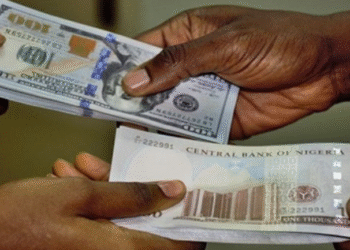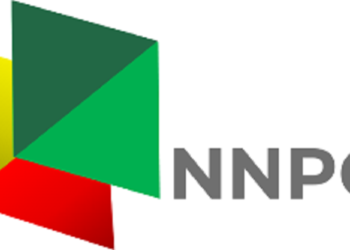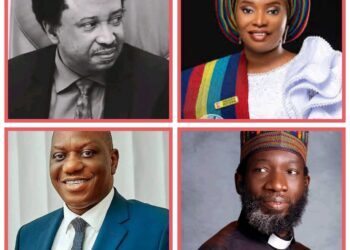A bill for an Act to establish the Nigeria College of Taxation and Fiscal Studies passed its Second Reading last week at the Senate.
The presentation of the Bill was made by Senator Abdullahi Aliyu Sabi CON on the floor of the Senate Tuesday last week, where he noted that the institution, if established would provide professional and academic training as well as certification for tax administrators, tax practitioners and tax professionals across the country.
In his presentation, Senator Sabi, who represents Niger North Senatorial District of Niger State stated that the College had become necessary given the important role that taxation is playing in the nation’s economy, and that this institution would help formulate and draft tax policy for the country while addressing human capital gaps in the country’s tax industry.
“It is becoming increasingly clear that diversifying the sources of government revenue to focus on sustainable sources is inevitable. This diversification puts taxation at the centre of the revenue mobilization discussion; the attainment of this laudable objective would require tax experts who have been properly and adequately schooled to formulate tax policy, draft and interpret tax legislation, carry on private tax practice, and administer taxation in the modern era.
“In view of the constant shift in the social, technological and business environment, with direct impact on the tax system, it is is important to have skills, competence, and adaptable personnel to man the tax system. There must be a conscious development of the field of taxation and fiscal policies in Nigeria to awake the society on the importance of taxation as a sine qua non to our development.
“Nigeria must go beyond the mere inclusion of taxation in the curriculum of educational institutions; instead the country must establish a modern system that facilitates the study of taxation via a well laid out academic curriculum, guided and focused by practical realities of Nigerian taxation and the revenue ecosystem,” he noted.
Senator Sabi further emphasised that the College would help in tackling the issue of lack of sufficient capacity of tax officers, which he noted has led to “the delegation of powers of revenue authorities to third parties, creating complications, multiplicity and uncertainty in the tax system,” and that it would correct “aggressive and orthodox methods for tax collection” while also carrying out a “regular review of obsolete tax laws that do not reflect modern realities.”
He noted that all these would help the country address its fiscal and revenue challenges and achieve the objectives of the National Tax Policy.
In his presentation, the distinguished Senator representing Niger North also cited that countries such as Kenya, Japan, India, Australia, Austria, Singapore, and Malaysia have established similar institutions for developing capacity in taxation, excise duty and customs and fiscal matters, and that this has impacted positively on their economy through significantly high tax-to-GDP ratios.
This College is expected to provide training for tax officials, including officers of the Federal Inland Revenue Service (FIRS), Nigeria Customs, sub-national revenue authorities, and even the general public. It is to consist of a main campus and 12 regional centres.
The Bill proposes that the College would be funded chiefly by the extant yearly subvention of the FIRS for training thus requiring no direct impact on government spending.
Senator Adamu Aliero representing Kebbi Central District, Kebbi State, commenting on the Bill noted that the only sustainable source of revenue for the Federation was taxation, and that the proposed College would train tax officials who would be instrumental to widening the country’s tax net.
He also added that there is currently no institution in Nigeria that offers specialised training in taxation.









